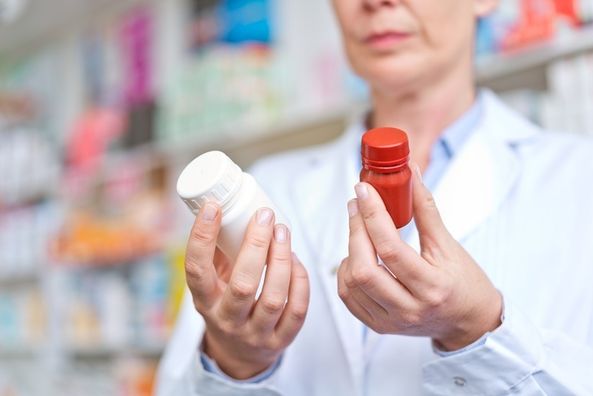Testosterone is a hormone found in both men and women, although women produce a much smaller amount. Testosterone production is typically at its highest during puberty, and begins to decline around the age of 30. Although testosterone is most commonly associated with an individual’s sex drive and sperm production in males, it also impacts bone and muscle mass, red cell production, the deepening of your voice, and can even affect your mood.
Some men may have lower than average levels of testosterone, which is known as Testosterone Deficiency Syndrome (TD) or Low Testosterone (Low T). The American Urology Association classifies Low T as less than 300 nanograms per deciliter (ng/dL). Low T can produce symptoms including:
- Decreased sex drive
- Fatigue
- Weight gain
- Depression or moodiness
- Less body hair
- Reduced muscle mass and thinner bones
While testosterone production naturally decreases with age, other factors can cause lower testosterone levels. Common causes include an injury to the testicles, a pituitary gland issue, chronic health conditions like diabetes or kidney disease, prolonged stress, and being overweight. Certain cancer treatments such as chemotherapy or radiation can also negatively affect testosterone production.
It is difficult to identify how many men develop Low T, although it is estimated that Low T affects approximately 1 percent of men under the age of 30, 2 percent of men ages 30 – 80 and nearly 50 percent of men over the age of 80. Fortunately, there are steps men can take to boost their testosterone naturally.
Get enough sleep
Lack of sleep has a direct impact on testosterone levels. Make sure to get between seven and nine hours of sleep each night.
Maintain a healthy weight
Men who are overweight, especially those with pre-diabetes, are more likely to have low testosterone. In fact, losing some weight can help boost your testosterone.
Watch your sugar intake
The Endocrine Society indicates that sugar (glucose) decreases testosterone levels by as much as 25 percent.
Stay active
Studies have shown that testosterone levels increase after exercising, especially resistance training. Exercise also improves mood and stimulates chemicals in your brain that help you feel happier, more confident, boosts energy, and helps you sleep better.
Include zinc in your diet
Men with Low T often have zinc deficiencies. Zinc plays a vital role in regulating serum testosterone levels so eating food rich in zinc may help. Adult males should try to consume 11 mg of zinc daily. Foods high in zinc include:
- Beans
- Nuts
- Crab and Lobster
- Whole Grains
If you are experiencing symptoms, or are concerned about Low T, your primary care provider can determine your testosterone levels with a simple blood test. If you do have Low T and your testosterone remains unusually low in spite of a healthy diet and lifestyle modifications, you may want to consider seeking the help of a specialist. An Urologist will check your prostate health, monitor testosterone levels and rule out any underlying medical condition before developing a treatment plan to address your Low T.
Treatment options, like testosterone replacement therapy, may be recommended for you if Low T is interfering with your health and overall quality of life. To learn more or to make an appointment with an Urologist who specializes in Men’s Health including Low T, visit our Men’s Health Clinic page. or call 630−790−1221.
Health Topics:







